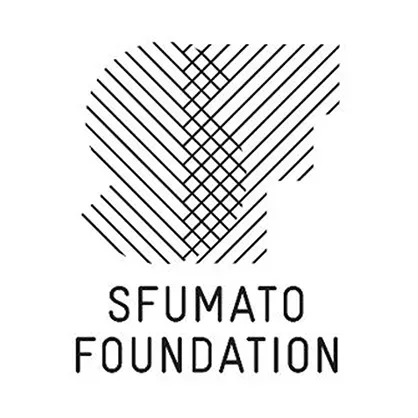State of the World's Plants and Fungi
We publish reports that give our assessment of the current knowledge on the world's plants and fungi.

Kew’s State of the World’s Plants and Fungi project provides assessments of our current knowledge of the diversity of plants and fungi on Earth, the global threats that they face, and the policies to safeguard them.
Produced in conjunction with an international scientific symposium, Kew’s State of the World’s Plants and Fungi report sets an important international standard from which we can track trends in the global status of plant and fungal diversity.
Since 2016, we have published five reports which you can read below.
State of the World's Plants and Fungi 2023
Our fifth report in the State of the World’s series lays out the current condition of the world’s plants and fungi globally, and is titled 'Tackling the Nature Emergency: Evidence, gaps and priorities'
It is the second report that is accompanied by a full volume of expert-reviewed scientific publications from our partners, the New Phytologist Foundation. Their special collection on 'Global Plant Diversity and Distribution' includes open-access papers published in the journals New Phytologist and Plants, People, Planet.
In parallel, an open-access, global review of fungal diversity is published in the Annual Review of Environment and Resources.
Drawing upon the expertise of 200 contributors from more than 100 institutions across 30 countries, the report is a global collaborative effort which takes an in-depth look at the worldwide drivers and patterns of biodiversity, provides new insights into extinction risk, and identifies critical knowledge gaps and how to address them.
In eleven chapters, we present compelling stories of what we can learn from new sources of data and how these learnings can help us foster future research and conservation.
State of the World's Plants and Fungi Symposium 2023
The State of the World's Plants and Fungi Symposium took place at Kew Gardens and online on 11 to 13 October 2023, in conjunction with the release of the report.
Find out more about the symposium and watch the recordings on demand via the symposium webpage
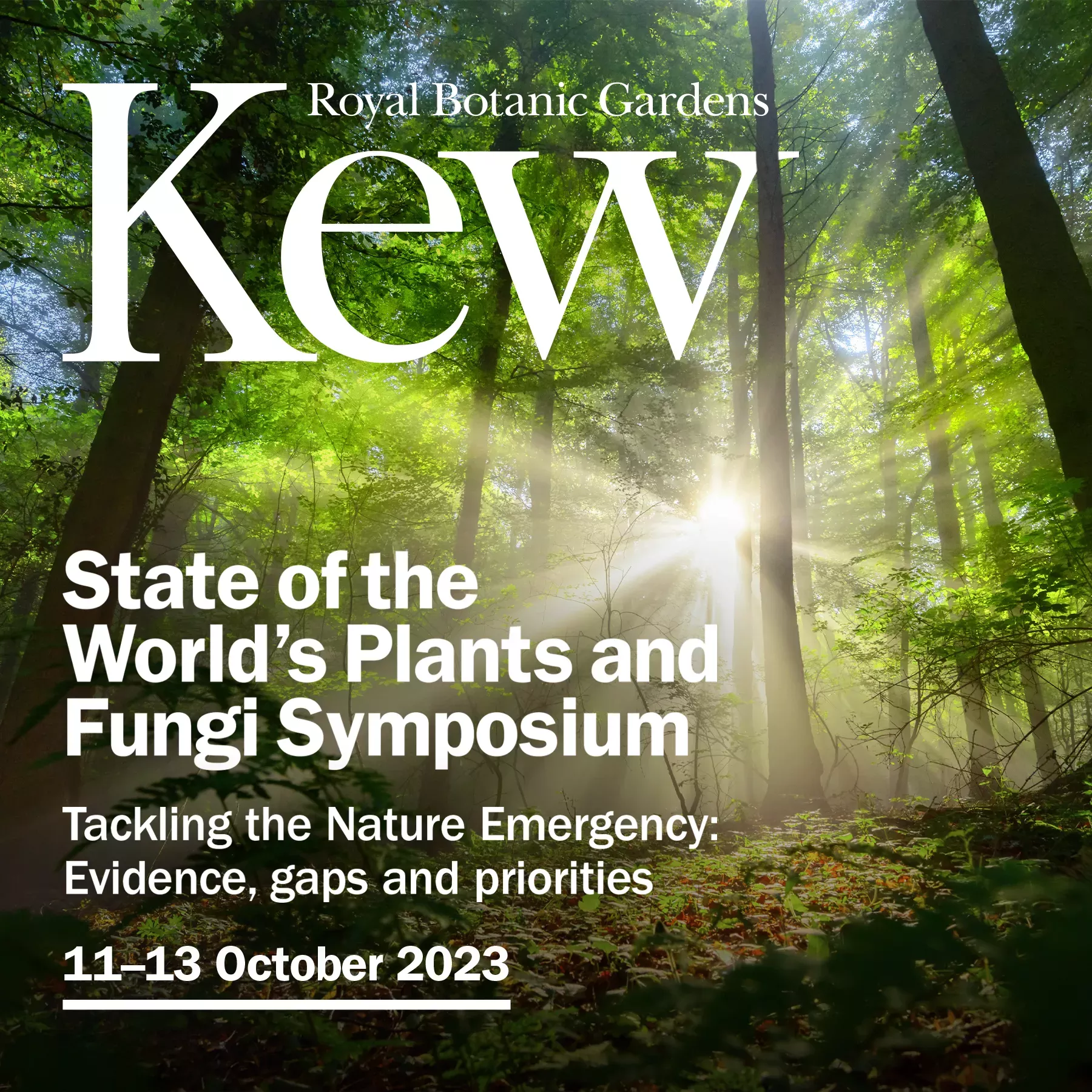
State of the World’s Plants and Fungi reports
-
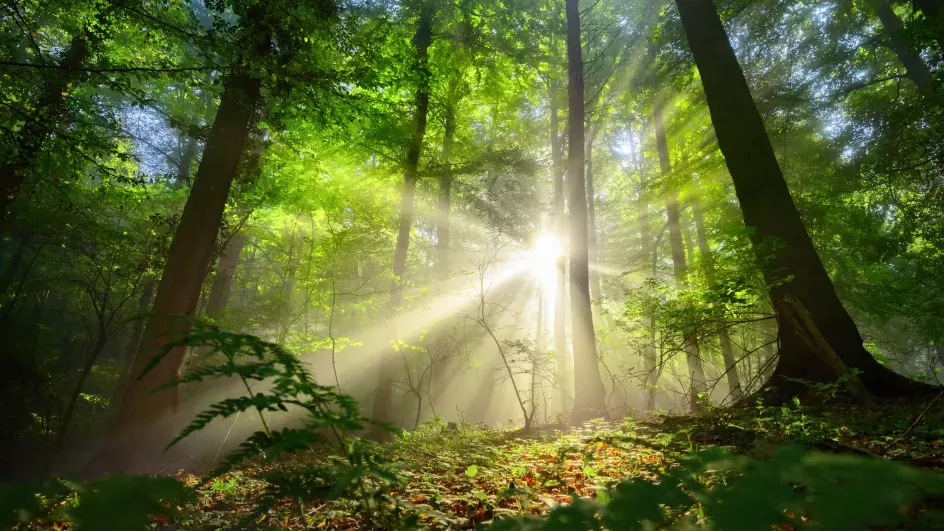
State of the World's Plants and Fungi 2023
Our fifth report in the State of the World’s series lays out the current condition of the world’s plants and fungi globally.
-
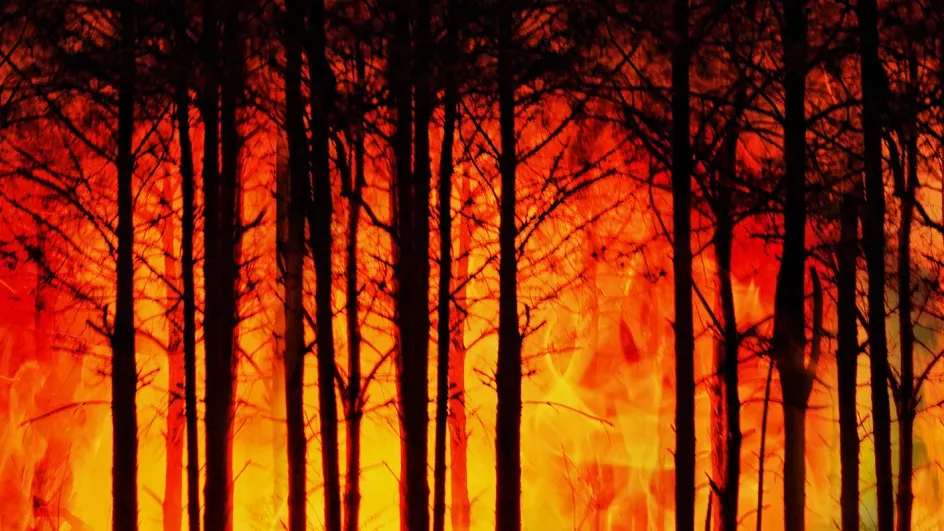
State of the World's Plants and Fungi 2020
The fourth report in the State of the World's series which combines both plants and fungi.
-
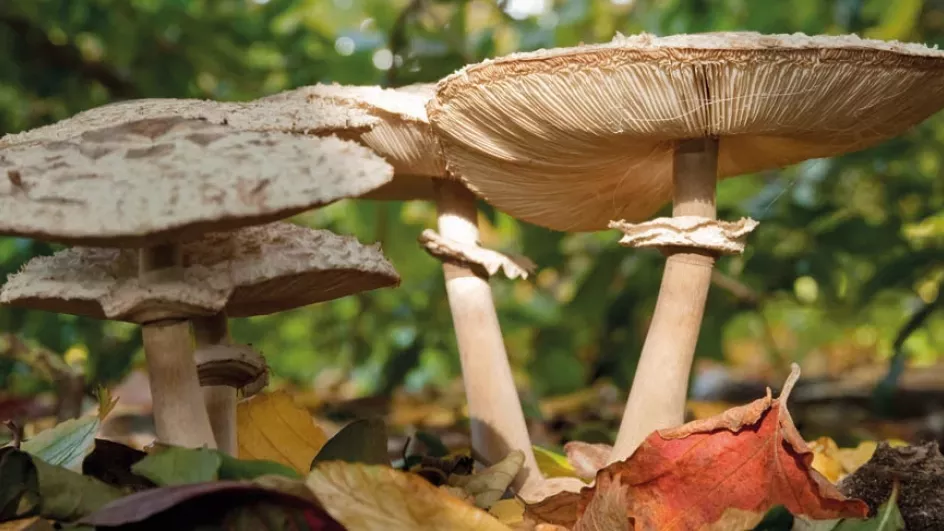
State of the World's Fungi 2018
Kew released the first ever State of the World's Fungi report revealing how important fungi are to all life on Earth.
-
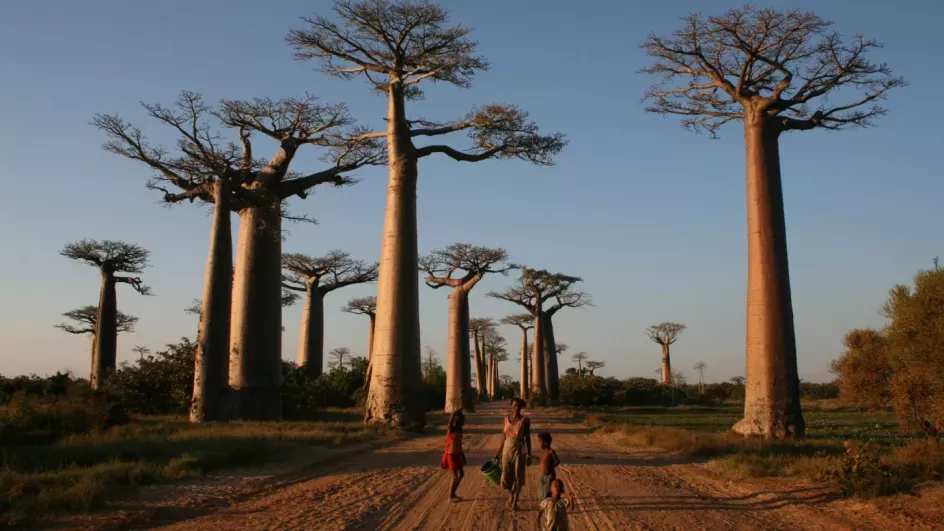
State of the World's Plants 2017
This is the second annual report in which we have scrutinised databases, published literature, policy documents, reports and satellite imagery to provide a synthesis of current knowledge on the world’s plants.
-
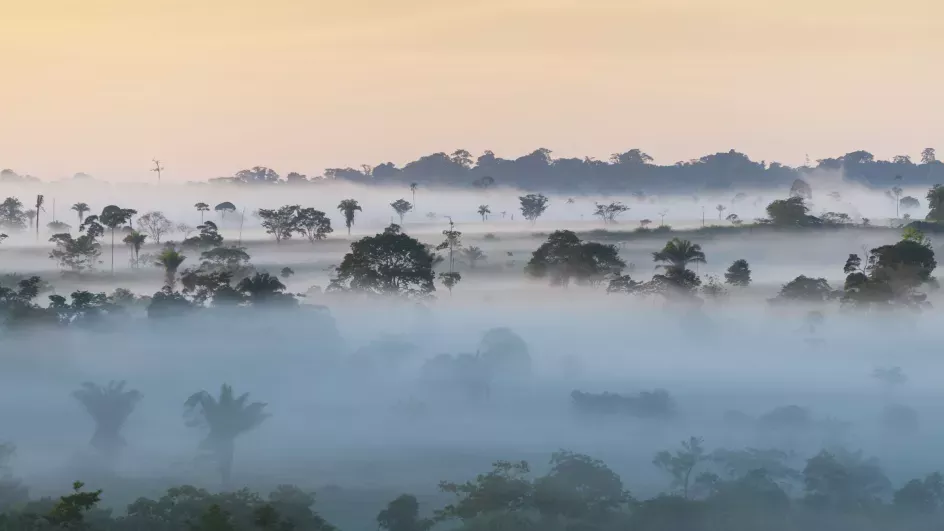
State of the World's Plants 2016
The original State of the World’s Plants report provided, for the first time, a baseline assessment of our knowledge on the diversity of plants on earth, the global threats these plants face, and the policies dealing with them.
